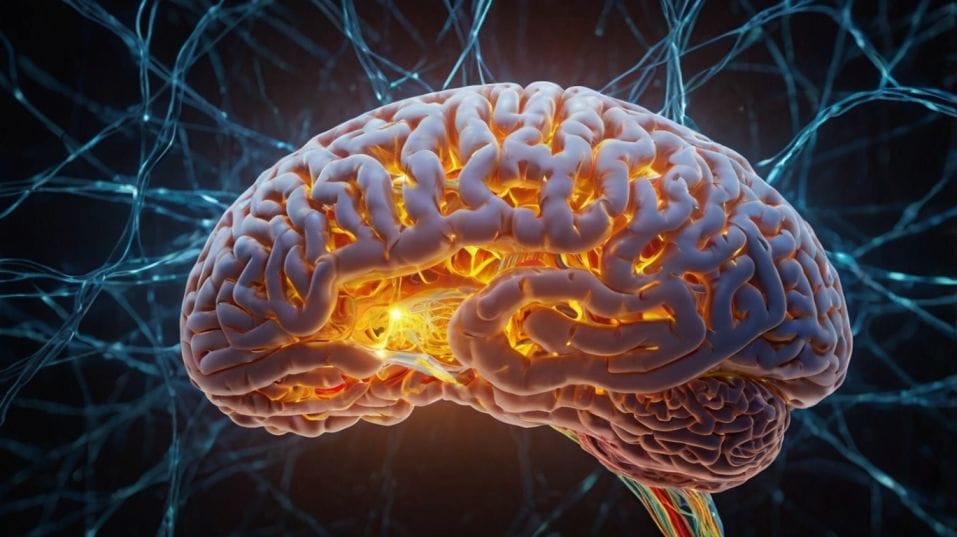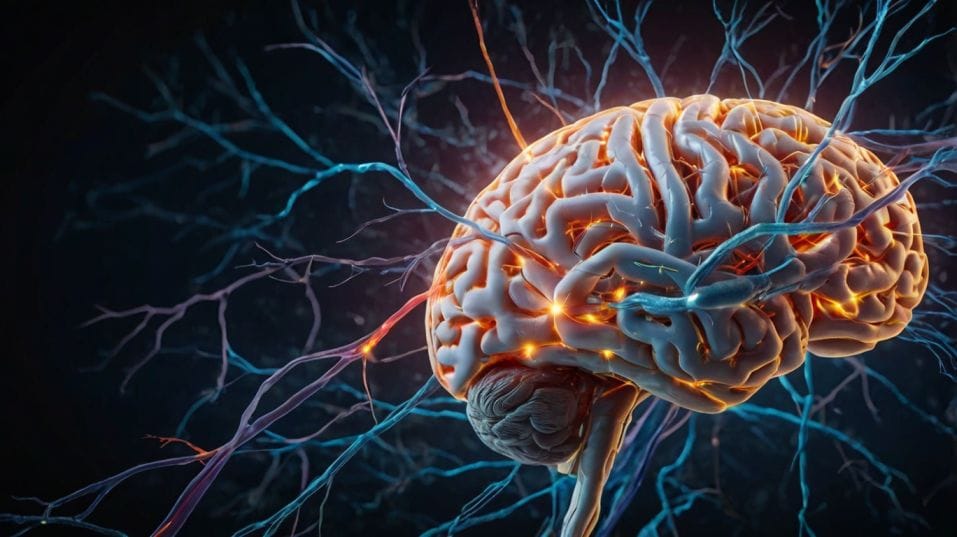The Science of Mindfulness-Based Stress Reduction
Learn how Mindfulness-Based Stress Reduction (MBSR) reduces stress, enhances emotional resilience, and improves overall well-being.

What if stress wasn’t something you had to fight against? Long hours and constant demands can take a toll, but the real challenge is how stress reshapes your mind and body.
Left unchecked, it drains your energy, weakens immunity, and impacts long-term health.
Mindfulness-Based Stress Reduction (MBSR) offers a proven way to shift your response, helping you navigate pressure with clarity and resilience. Instead of stress controlling you, MBSR helps you take back control.
What Is Mindfulness-Based Stress Reduction?
Developed by Dr. Jon Kabat-Zinn in the 1970s, MBSR is an eight-week program designed to change how you relate to stress. It combines meditation, body awareness, and mindful movement, teaching you to respond rather than react.
Unlike quick-fix relaxation techniques, MBSR reshapes your stress response at a fundamental level, rewiring the brain for greater calm and focus.
This method is widely used in workplaces, hospitals, and mental health settings to reduce stress and improve overall well-being.

The Science Behind MBSR
MBSR isn’t just a trend—it’s backed by decades of research. Studies show it reduces cortisol levels, strengthens emotional regulation, and enhances cognitive function.
Regular practice increases gray matter density in brain regions tied to memory, self-awareness, and emotional control. Other notable benefits include:
- Lower inflammation – Chronic stress triggers inflammation, contributing to conditions like heart disease and autoimmune disorders. MBSR helps reduce inflammatory markers in the body.
- Improved pain management – Research indicates that mindfulness can change how the brain perceives pain, making discomfort more manageable.
- Stronger immune function – Stress weakens immunity, making you more susceptible to illness. MBSR boosts immune response, helping the body fight infections more effectively.
- Better sleep quality – Racing thoughts and anxiety disrupt sleep. MBSR promotes relaxation, leading to deeper, more restorative rest.
These neurological and physiological shifts explain why mindfulness is more than just a relaxation technique—it’s a long-term strategy for resilience and well-being.
How MBSR Rewires Stress Response
Instead of pushing stress away, MBSR shifts how you experience it. Rather than getting lost in anxious thoughts, you learn to observe them without judgment.
This mental shift breaks automatic stress cycles and cultivates a more balanced state of mind. Here’s how:
Training the Mind to Stay Present
Stress thrives when the mind lingers on past regrets or future worries. Mindfulness anchors you in the present, breaking cycles of overthinking.
A few seconds of deep breathing can interrupt stress responses, restoring focus and clarity. This practice retrains the brain, making it easier to return to a calm state even in high-pressure situations.
Responding Instead of Reacting
MBSR cultivates a pause between stimulus and response. Instead of snapping under pressure, you develop a measured, thoughtful approach to challenges.
This non-reactive mindset lowers emotional volatility, improves decision-making, and fosters resilience. Over time, the ability to pause before reacting becomes second nature, significantly reducing the impact of stress triggers.
Strengthening Self-Awareness
The body signals stress before the mind catches up. Tight shoulders, shallow breathing, or a racing heart? MBSR enhances awareness of these cues, allowing you to address stress before it takes over.
Recognizing early warning signs creates space for intervention—whether that’s taking a deep breath, stepping away for a moment, or engaging in a mindfulness exercise.
Practical MBSR Techniques
Even brief mindfulness exercises can create noticeable shifts. Simple yet powerful practices include:
- Body scan meditation – Tune into physical sensations and release tension. This practice builds awareness of stress-related bodily patterns and fosters relaxation.
- Mindful breathing – Deep, intentional breaths calm the nervous system, signaling safety to the brain and reducing physiological stress responses.
- Gentle movement – Yoga or stretching combines mindfulness with motion, helping release stored tension and increase physical resilience.
- Loving-kindness meditation – Fosters compassion toward yourself and others, reducing emotional stress and promoting a positive mindset.
- Mindful listening – Fully engage in conversations without distraction, improving focus, emotional intelligence, and connection with others.
- Mindful journaling – Writing down thoughts without judgment helps process emotions, identify stress patterns, and cultivate gratitude.
Just 5-10 minutes a day can reset your stress response, but consistency is key. Over time, mindfulness becomes second nature, transforming your overall approach to stress.
Making MBSR Part of Your Day
No need to carve out hours for mindfulness. Small, consistent actions integrate MBSR into daily routines:
- Pause for a few deep breaths before responding to stress.
- Walk mindfully, noticing each step and breath.
- Dedicate 10 minutes to quiet reflection or guided meditation.
- Savor meals by focusing on taste and texture.
- Take short mindfulness breaks throughout the day—closing your eyes, tuning into your breath, and resetting your focus.
- Practice gratitude by acknowledging small positive moments, shifting focus away from stress.
MBSR isn’t about eliminating stress altogether—it’s about mastering it. By incorporating mindfulness into daily habits, you create a sustainable approach to resilience and well-being.
Final Thoughts
Mindfulness-Based Stress Reduction offers a powerful shift in how you experience stress. Instead of being at its mercy, you build the skills to navigate challenges with clarity, balance, and control.
The benefits aren’t just mental—they extend to physical health, emotional resilience, and overall life satisfaction.
Start now: Take a deep breath. Notice how you feel. That moment of awareness is the first step toward a calmer, more focused life. The more you practice, the stronger your ability to manage stress becomes—so why wait?




